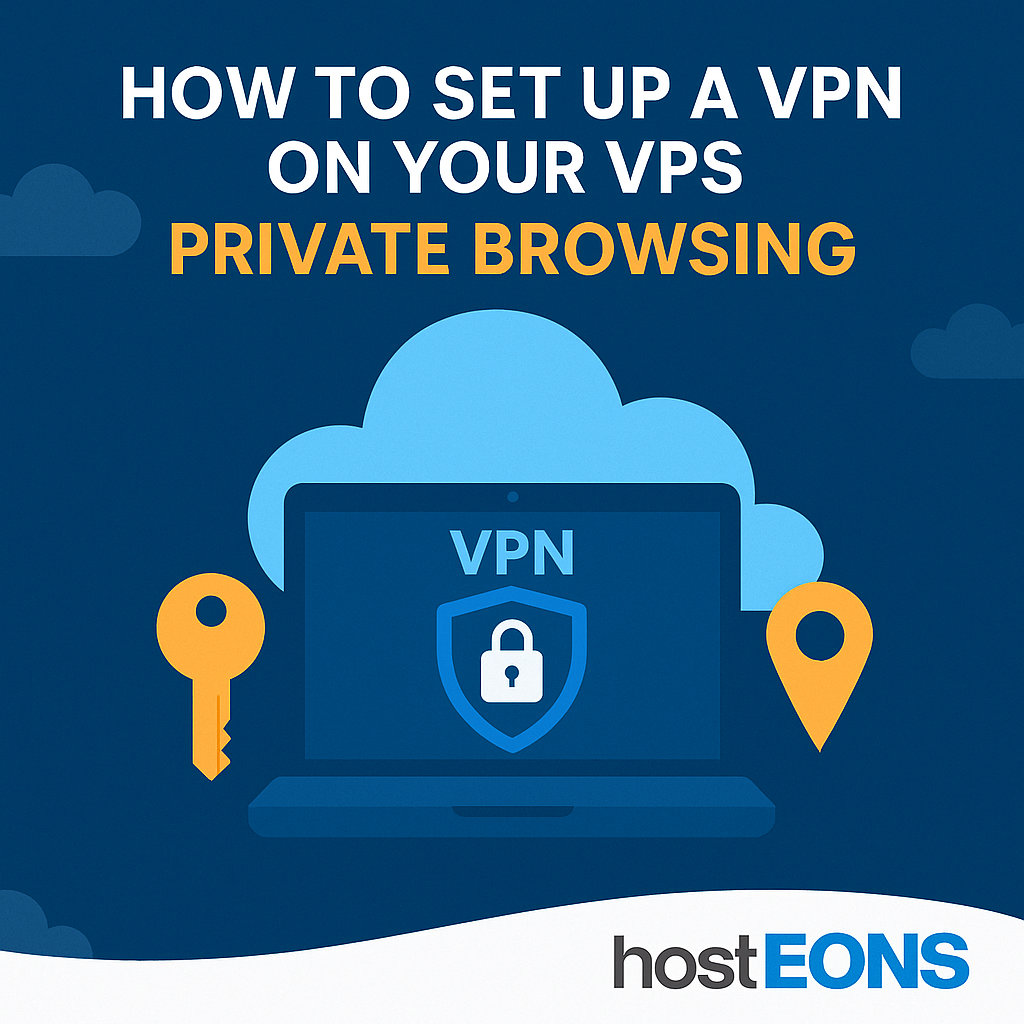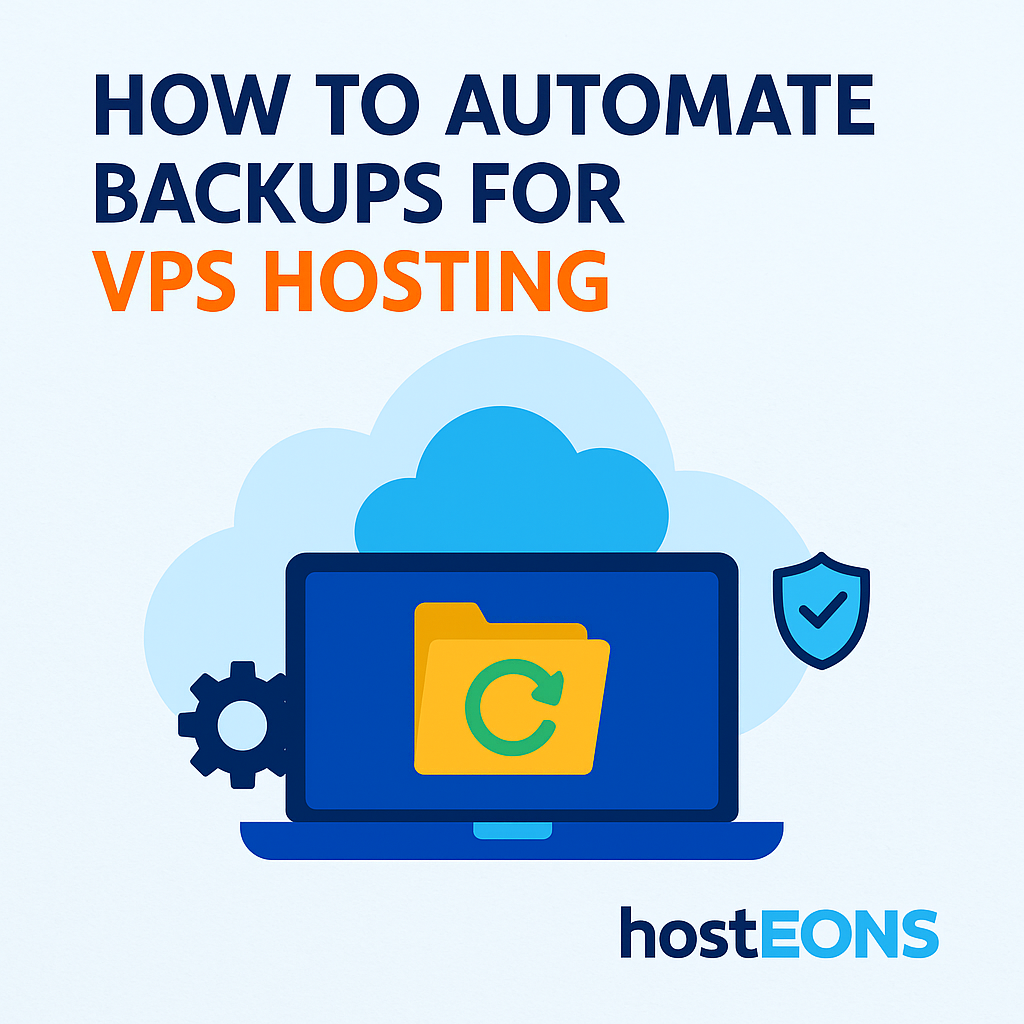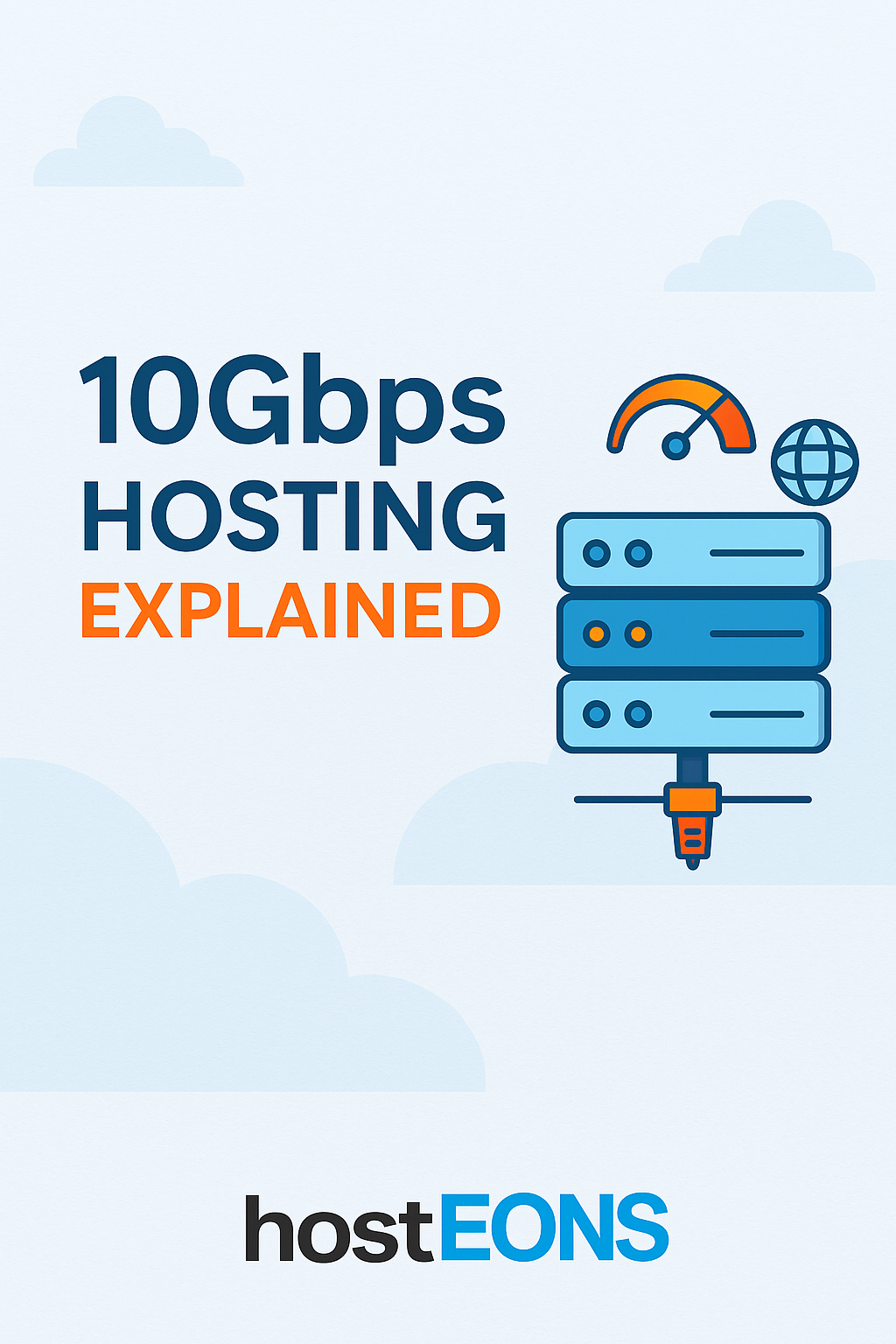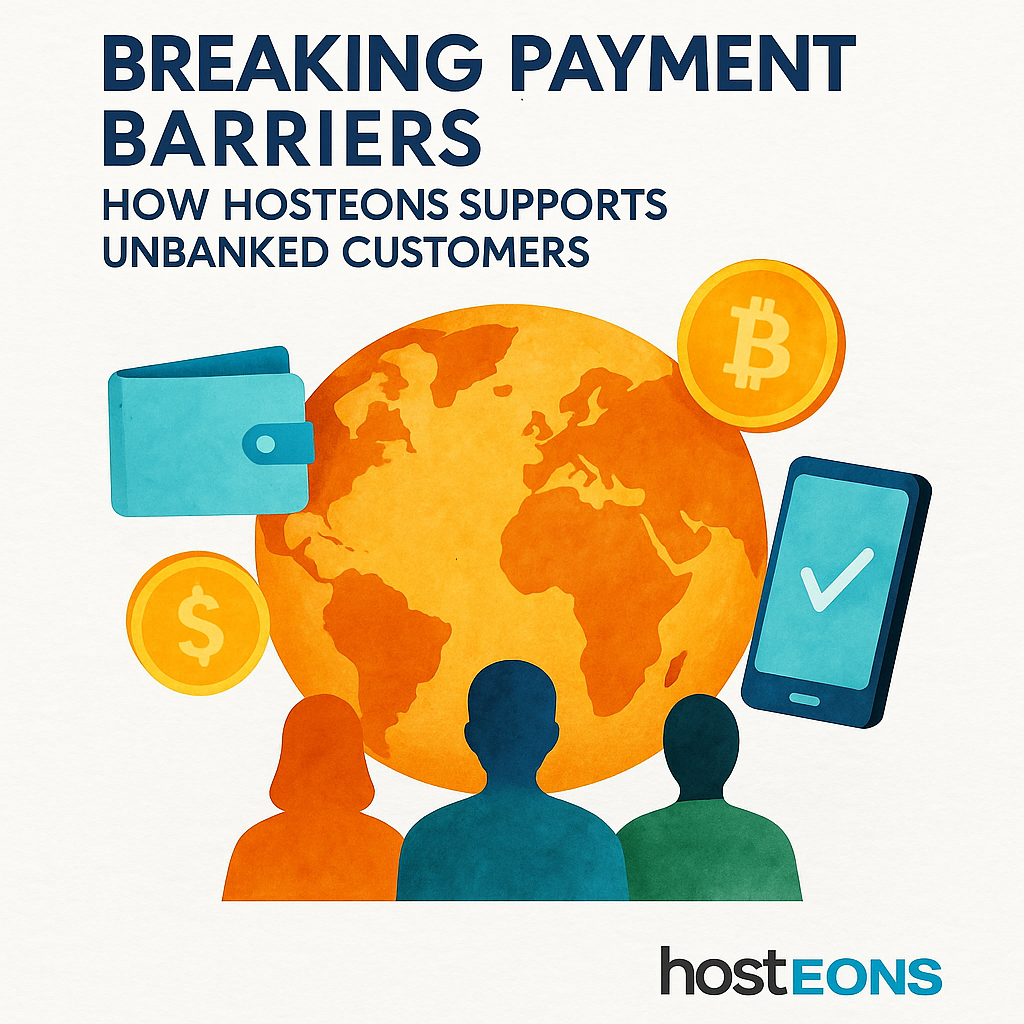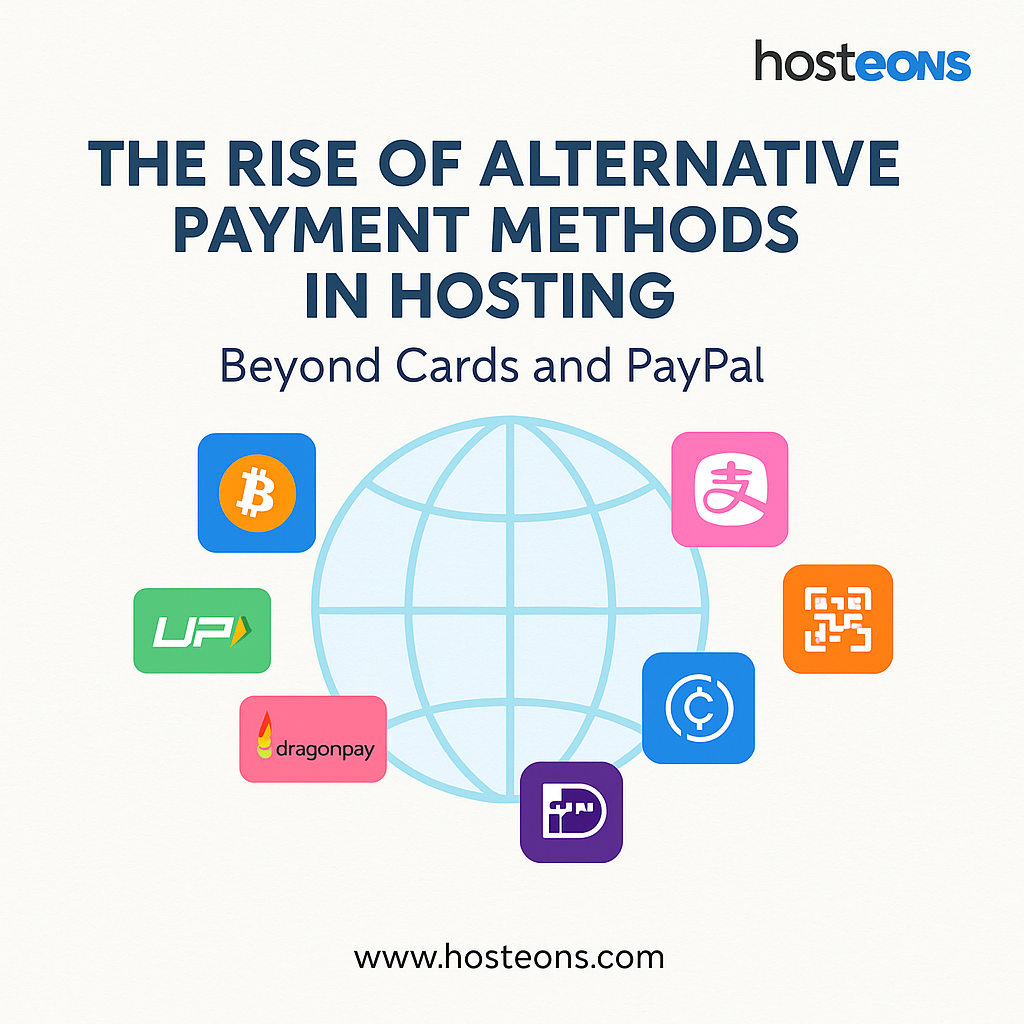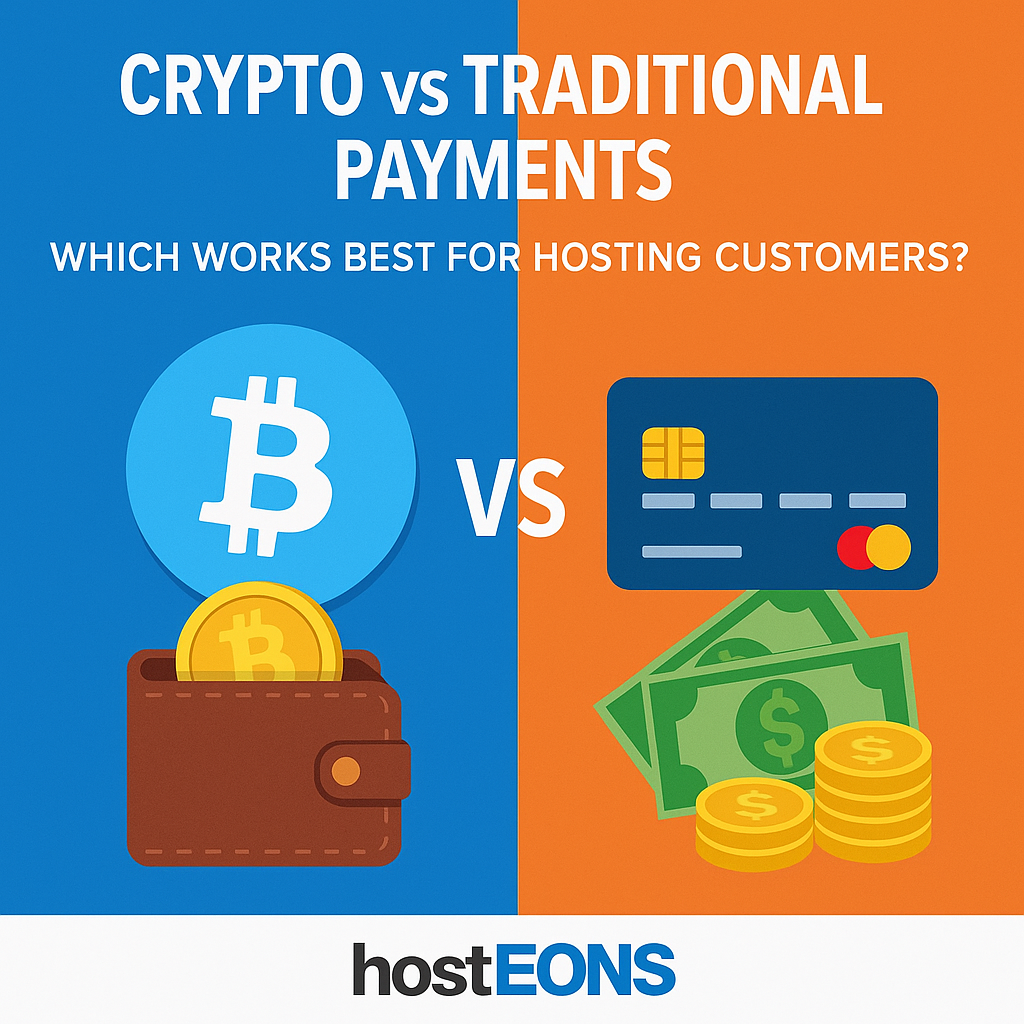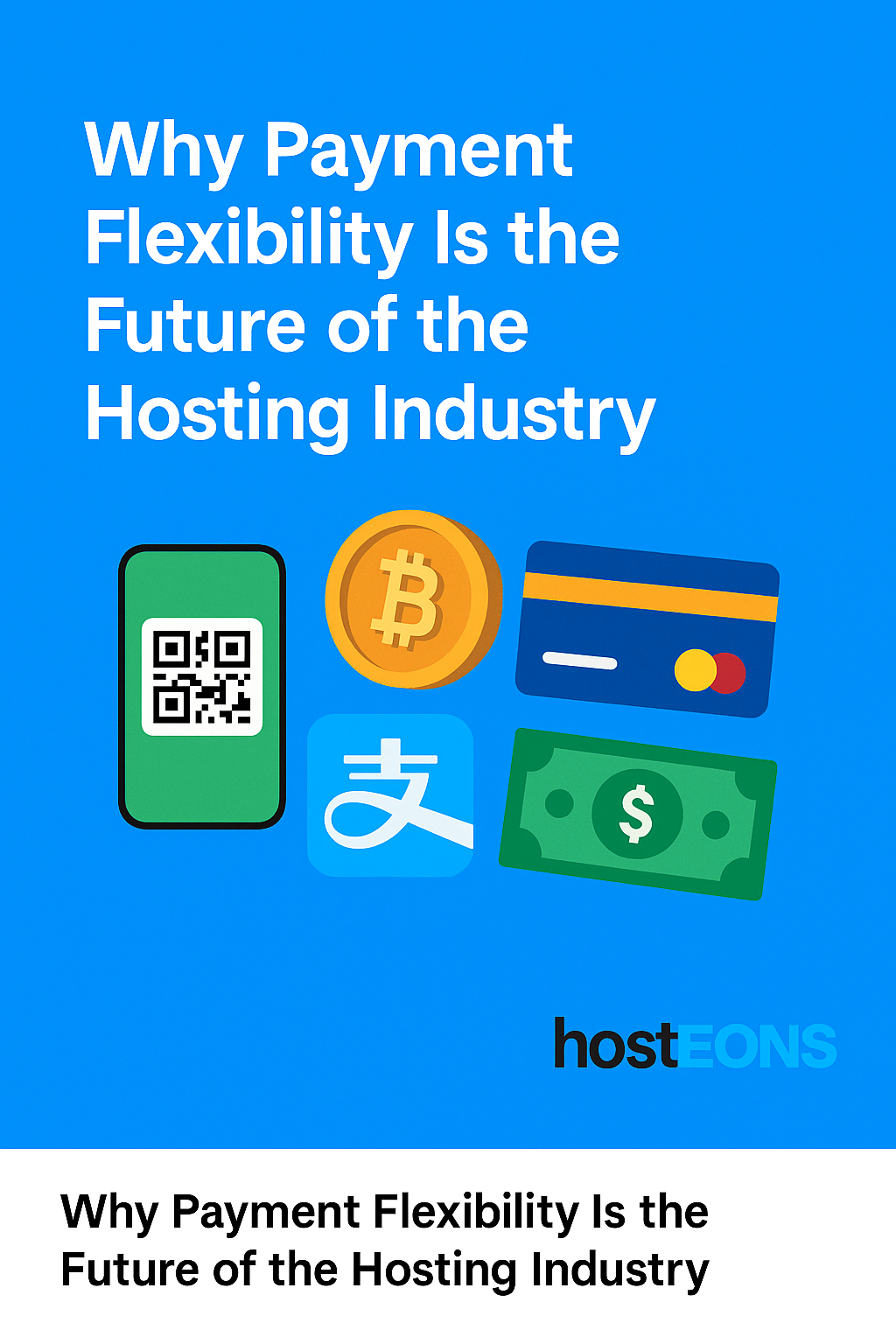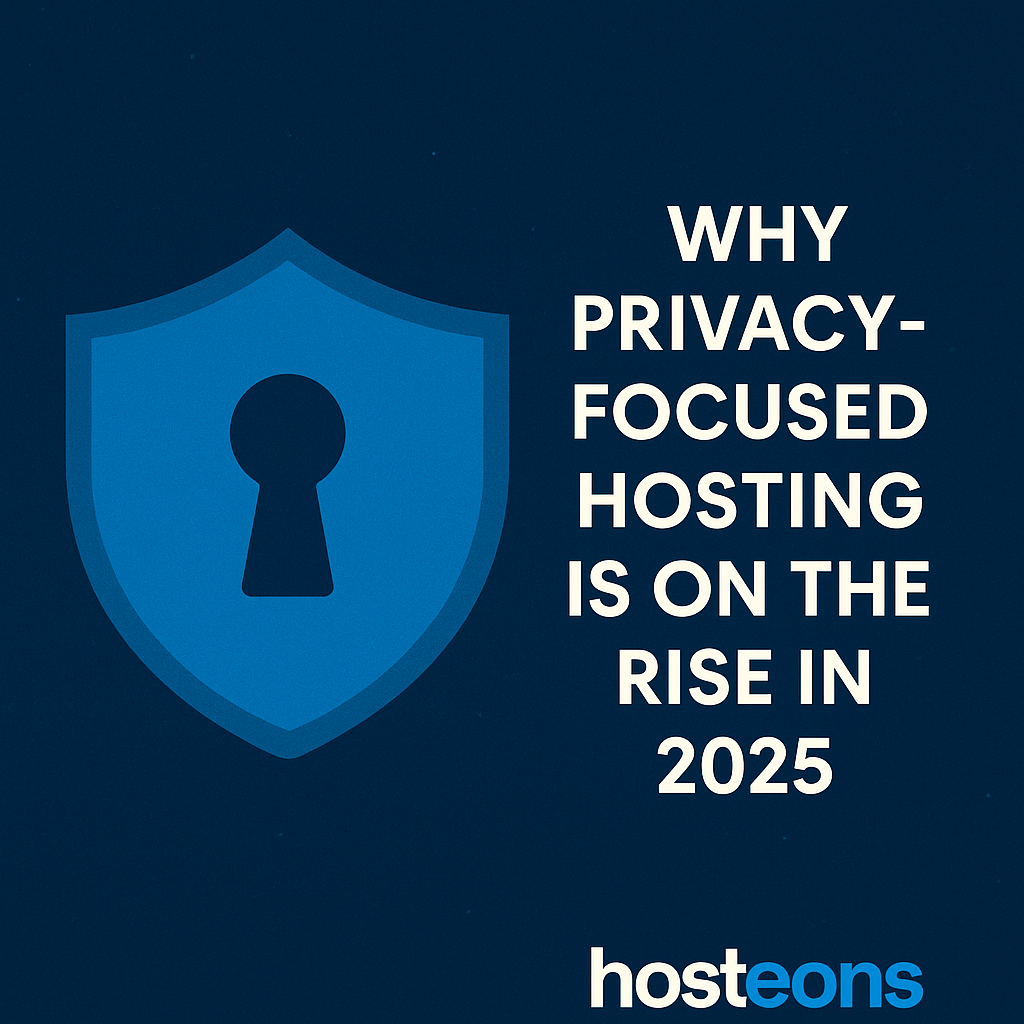
In today’s digital world, privacy is no longer optional — it’s essential. With data breaches, government surveillance, and the increasing misuse of personal information, more users are demanding hosting services that protect their privacy.
At Hosteons, we’ve seen a significant shift in customer behavior: more individuals, businesses, and developers now prefer privacy-focused hosting solutions. Here’s why 2025 is the year privacy-first hosting is truly taking off.
🔒 Growing Concerns About Data Privacy
From social media leaks to hacked databases, 2025 continues to highlight the risks of storing and sharing personal data. Customers are now more aware than ever that traditional hosting models often require too much sensitive information.
Privacy-focused hosting reduces these risks by:
- Limiting data collection during sign-up
- Supporting anonymous or minimal-KYC accounts
- Allowing secure payment options like cryptocurrency
💱 Crypto & Alternative Payments Enable Anonymity
One of the biggest enablers of privacy hosting is the rise of cryptocurrency and local payment methods. Customers in payment-restricted regions, or those who simply prefer anonymity, can now pay for VPS, VDS, and dedicated servers without exposing sensitive banking information.
At Hosteons, we support:
- Crypto: Bitcoin, Ethereum, USDT, Litecoin, Dogecoin & more
- Local Methods: UPI (India), Alipay & UnionPay (China), QRIS (Indonesia), Dragonpay (Philippines), Pix (Brazil), and many others
🌍 Global Demand for Privacy-First Hosting
Privacy is no longer a niche concern. Freelancers, businesses, and even entire communities are looking for hosting that:
- Does not enforce strict KYC on every service
- Provides data security and protection from surveillance
- Offers global availability without restrictions
✅ Benefits of Privacy-Focused Hosting
- Freedom – Use services without exposing your identity unnecessarily
- Security – Minimized risk of data theft or leaks
- Global Accessibility – Pay and host without banking or regional restrictions
- Trust – Customers know their provider values their privacy
🚀 Hosteons: Built with Privacy in Mind
At Hosteons, privacy isn’t an afterthought — it’s part of our foundation.
- We offer No-KYC hosting on VPS and VDS services
- We support privacy-friendly crypto payments
- We ensure data protection and strong security practices across all services
📖 Conclusion
As privacy concerns grow, privacy-focused hosting is no longer a trend — it’s the future. In 2025 and beyond, customers are choosing hosting providers that respect their right to anonymity, flexibility, and security.
If you’re looking for a provider that values privacy as much as you do, Hosteons has you covered.
👉 Explore our VPS & VDS plans: https://hosteons.com
